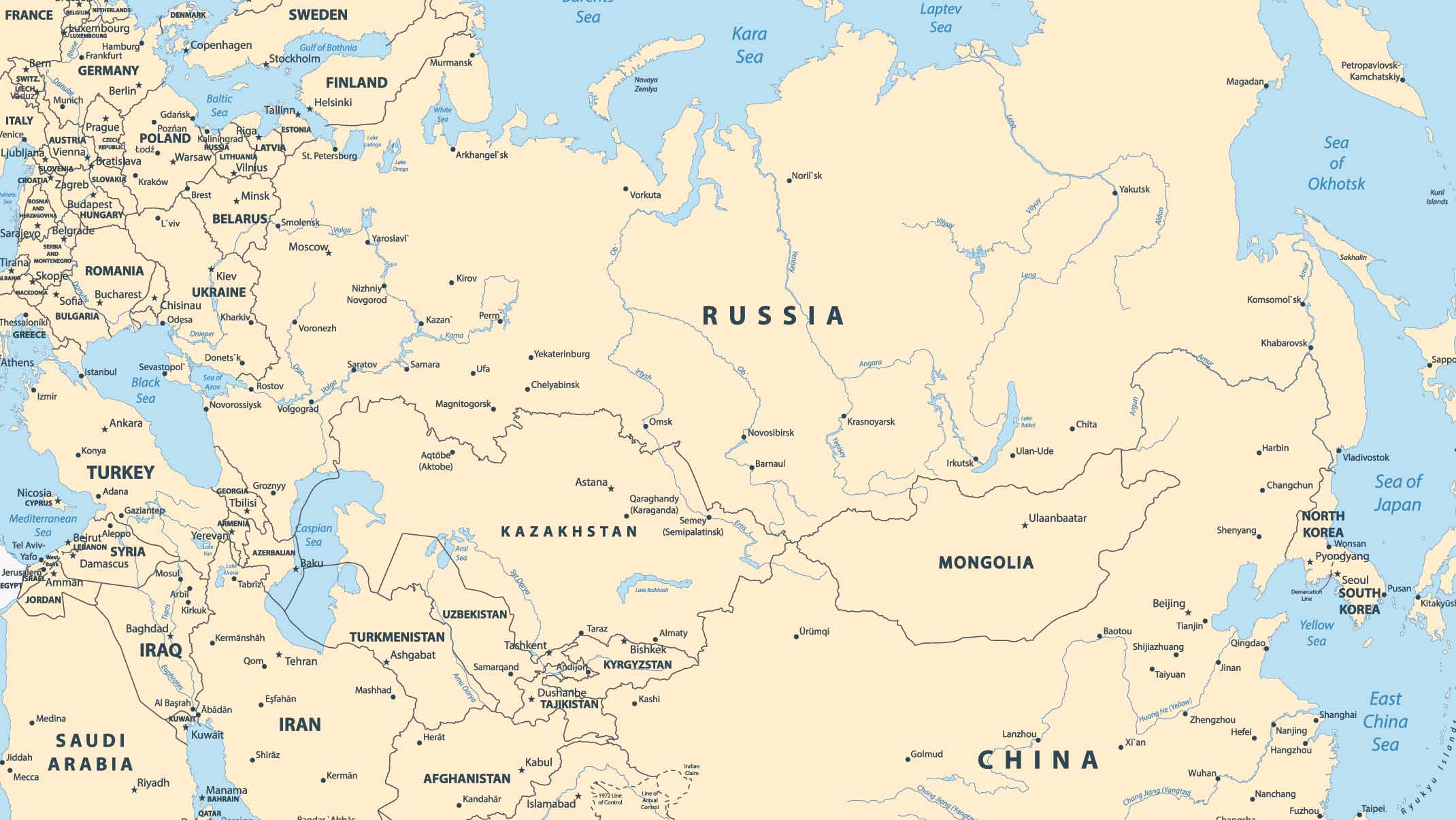Western nations have announced harsh economic sanctions to punish Russia for invading Ukraine, including blocking some banks from the SWIFT international payments system. SWIFT messaging systems are a critical part of international economic activity, and although being cut off won’t prevent Russian banks from carrying out cross-border transactions, it will make payments expensive and difficult and will create a reliance on old-fashioned communication tools. It will also crimp Russia’s ability to get paid for its oil and gas exports.

But payments experts also warn that ejecting Russia from SWIFT may have a limited impact. Peter Klein, CTO at FinLync, argues that if Europe really intends to disconnect Russian banks from the international and financial system, all global banks need to act in concert. “All banks should block transactions to and from any Russian bank domiciled in any country globally,” he says.
Klein points out that SWIFT is just one third-party method used to move data in an electronic format from one bank to another bank – and there are plenty of other third-party alternatives. Moving money from one country to another country doesn’t have to require SWIFT or even different banks.
And since Russian banks are domiciled in many countries, Russian banks don’t have to depend on a third-party network like SWIFT to help them transfer data within their own organisation to another country. “Financing coming through loans from other countries doesn’t mandate the need to go through SWIFT as a third party. As foreign banks are still operating in Russia, financial transactions can take place over Russia’s own domestic payment networks,” he says.
Klein adds: “The attention that we’re seeing on SWIFT actually comes as SWIFT is being replaced with new, more innovative networks and ways to move money and data. In particular, banks are building their own APIs that allow them to transact with their customers and other banks directly in real-time.”
“In order to really block Russia from the global financial system, you would have to tell every bank in the world to stop transacting with Russian banks or any account domiciled in Russia. This is ultimately out of SWIFT’s hands, because SWIFT is just a data network and does not control initiation of payment instructions from banks.”
CIPS
In another concern, kicking Russia out of SWIFT could accelerate efforts by Russia and China to create a rival payment system that does not use the US dollar. Specifically, it could benefit China’s own Cross-Border International Payment System, CIPS, and accelerate the development of the country’s digital currency, the e-CNY. Several Russian banks are already connected to CIPS.
China launched the CIPS clearing and settlement services system in 2015 to internationalise yuan use, backed by the People’s Bank of China. It allows global banks to clear cross-border yuan transactions directly onshore, instead of via clearing banks in offshore yuan locations.
According to a report in Reuters , CIPS processed around 80 tr yuan (US$12.68trn) in 2021, a 75% increase from a year ago. As of end-January, CIPS said about 1,280 financial institutions in 103 countries and regions have connected to the system.